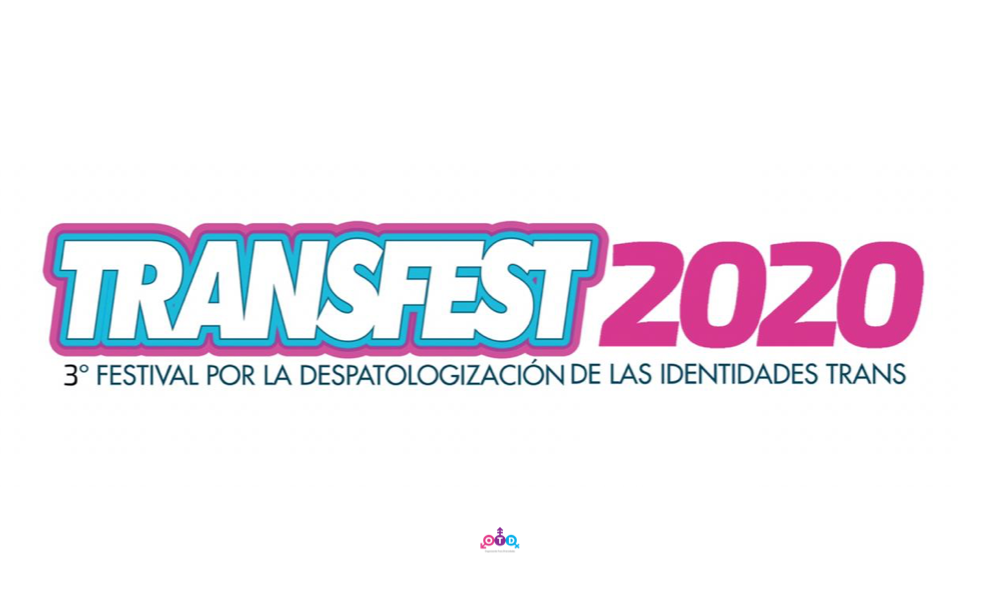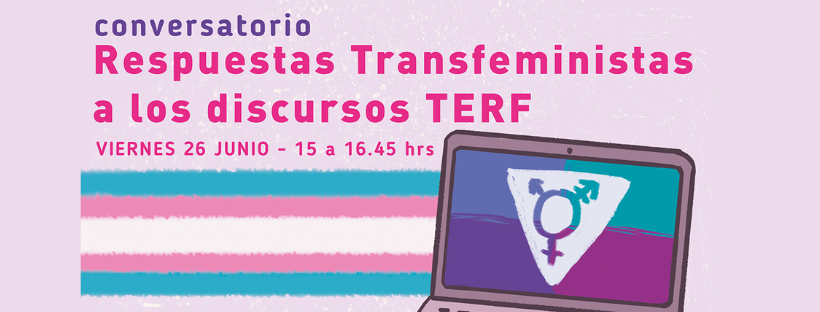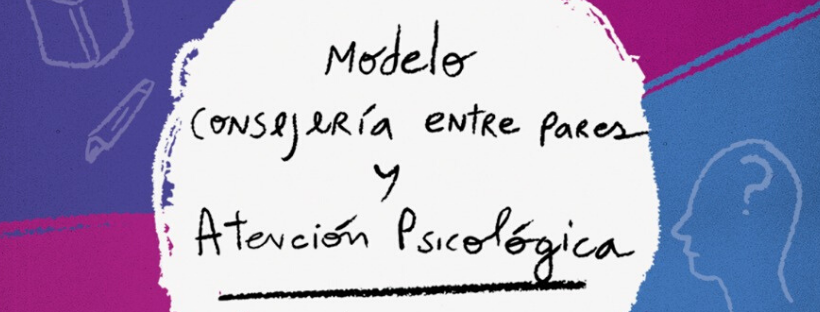Chile’s gender identity law that was approved last year (which should start in October) sets out five principles, one of which is that of the confidentiality and it says:
“Every person has the right, in proceedings before administrative or jurisdictional authorities, to protect the reserved status of antecedents considered as sensitive data is safeguarded, in the terms indicated by letter g) of article 2 of law N° 19.628, on the protection of private life”.
Why was this established? Is it necessary? According to Franco Fuica, OTD Chile’s coordinator of legislation and public policies, this principle is based on the fact that the change of name and sex registration is sensitive data, especially for trans people who are not visible. “This seeks to protect trans people from transphobic environments and who do not accept gender transits. No doubt this transphobia is also felt by the same trans people becoming an autotransfobia, from which the trans community is no stranger,” he said.
“It seems appropriate to us, since all people have the right to live as they wish, and if they prefer to keep their transit under reserve, it is very important and fair that the law provides and orders that the process of name and sex change for all people be private and confidential, so as to give the power to each trans person to make it public if he or she wants through whatever channels he or she deems appropriate,” he said.
For OTD Chile’s legal advisor, Matías Valenzuela, this principle is the realization of a longing of the trans population, especially for identity card information when the gender of the document did not correspond with the expression.
“Confidentiality is an element that becomes increasingly relevant in more interconnected societies, given that the flow of information is accelerated and with it, privacy is threatened: for this reason, this principle also exists in other areas, such as the protection of personal data, in health and in family courts in general, in order to prevent sensitive information on emotionally sensitive aspects from being publicly aired,” he said.
When the Gender Identity Law enters into force on October 10, it is essential that trans people feel safe regarding the stealthy treatment they must give in all processes, otherwise it is important to report any irregularity that occurs in order to provide the best experience of rectification of the birth certificate in the civil registries of Chile.
Translated by: Camila Mella








